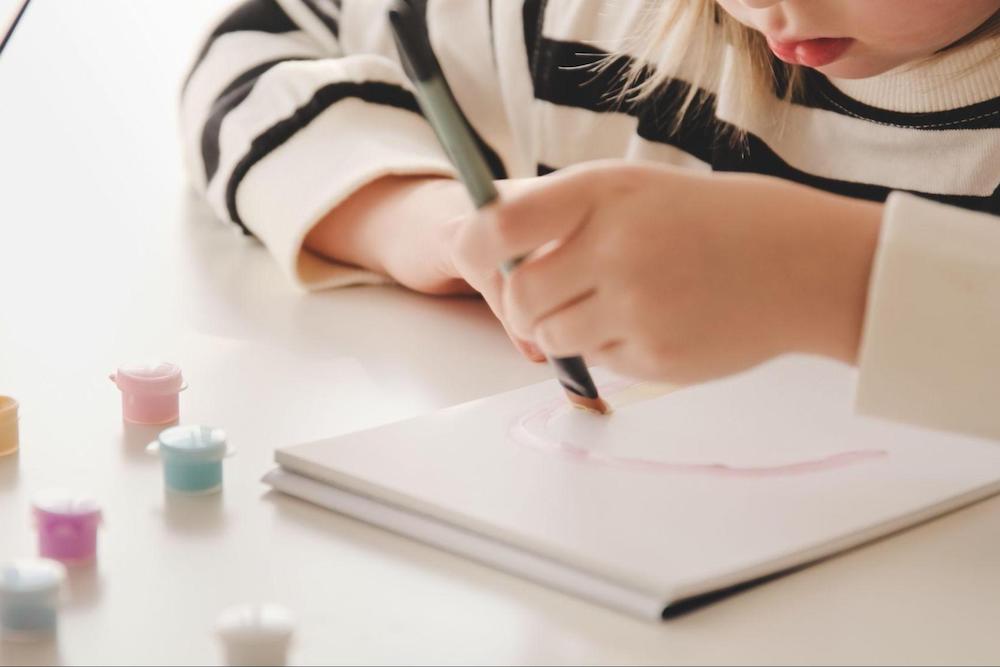Between the age of six to eight years old, your child will start to become more independent. They are beginning to develop their own interests, and this is the best time for them to discover their favourite hobbies. There are endless possibilities for your child to pursue, from playing sports to reading to collecting stamps. More importantly, the benefits of having a hobby are manifold. Hobbies can help promote healthy development, teach life skills, and provide opportunities for your child to express themselves.
In this article, we’ll take a look at how hobbies can help your child thrive.
Master goal-setting
When your child sets their sights on a specific goal, they will gradually develop a sense of focus and perseverance. Whether it’s finishing a puzzle or learning a new dance move, they learn to work hard to achieve their goals, persevere through setbacks and celebrate their accomplishments. Your child will also start to understand the importance of taking small steps to reach their goals, as well as the satisfaction that comes from a job well done.
Build confidence
When children find a hobby that they’re passionate about, it can do wonders for their confidence. Pursuing a hobby can give your child a sense of ownership and pride in their achievements, more so when they start to see themselves making progress towards their goals.
Hobbies can also instil a sense of belonging and community, as your child shares interests with their friends. Your child will have countless opportunities for social interaction and collaboration, helping them to develop important interpersonal skills.
Learn time management
Many hobbies can also help your child to gain important time management skills. When your child has a hobby, they can slowly learn to budget their time wisely, as they need to balance schoolwork, homework, and other obligations with their passion. Hobbies can also help your child learn to plan and prioritise their time. For example, if your child enjoys piano, they may need to set aside time each day for practising, as well as managing their time during performances and competitions.
As a result, your child can learn to be more organised and efficient with their time. This same skill can be applied in their academics; by learning to manage their time wisely, your child can ensure that they have sufficient time for their primary school homework and revision.
What are some hobby ideas for kids?
Some children instinctively know what they love and gravitate towards, while others may take a little more time and effort in finding something they enjoy outside of schoolwork and family time. Especially for children, finding a hobby that is enjoyable and engaging can be a challenge. With so many activities available, it can also be difficult to know where to start. One popular option is collecting. Whether it’s stamps, coins or shells, children love the thrill of the hunt. Collecting can also teach your child valuable lessons about responsibility and patience.
Another great hobby for primary school children is arts and crafts. From painting and sculpture to pottery and origami, there’s no limit to what your child can create. Arts and crafts can also help your child develop fine motor skills and eye-hand coordination.
If your child is looking for an active hobby, taking up swimming, dancing, soccer or gymnastics are excellent options. No matter what hobby your child chooses, encourage them to discover their passions and – most importantly – have fun.
At MindSpace, we keep evenings and weekends free in our after school student care programmes so your child can relax and pursue their interests. Find out more about MindSpace or simply book a visit to our centres in Singapore today.
